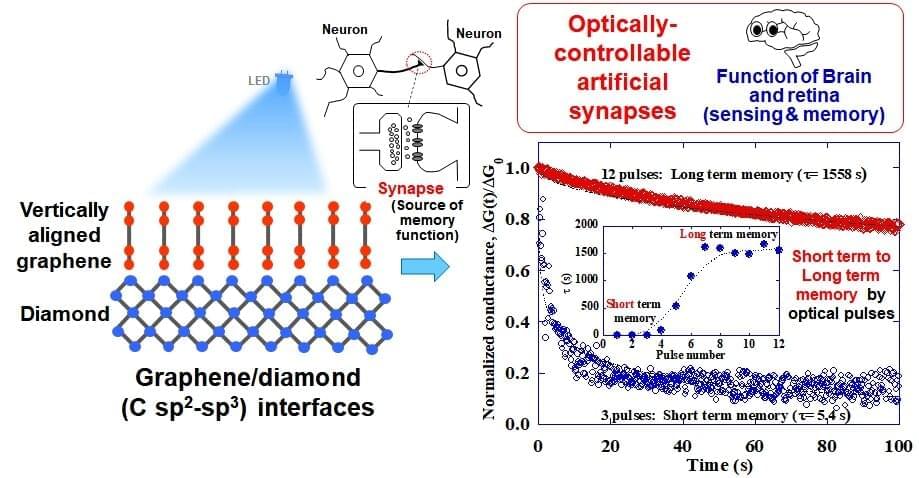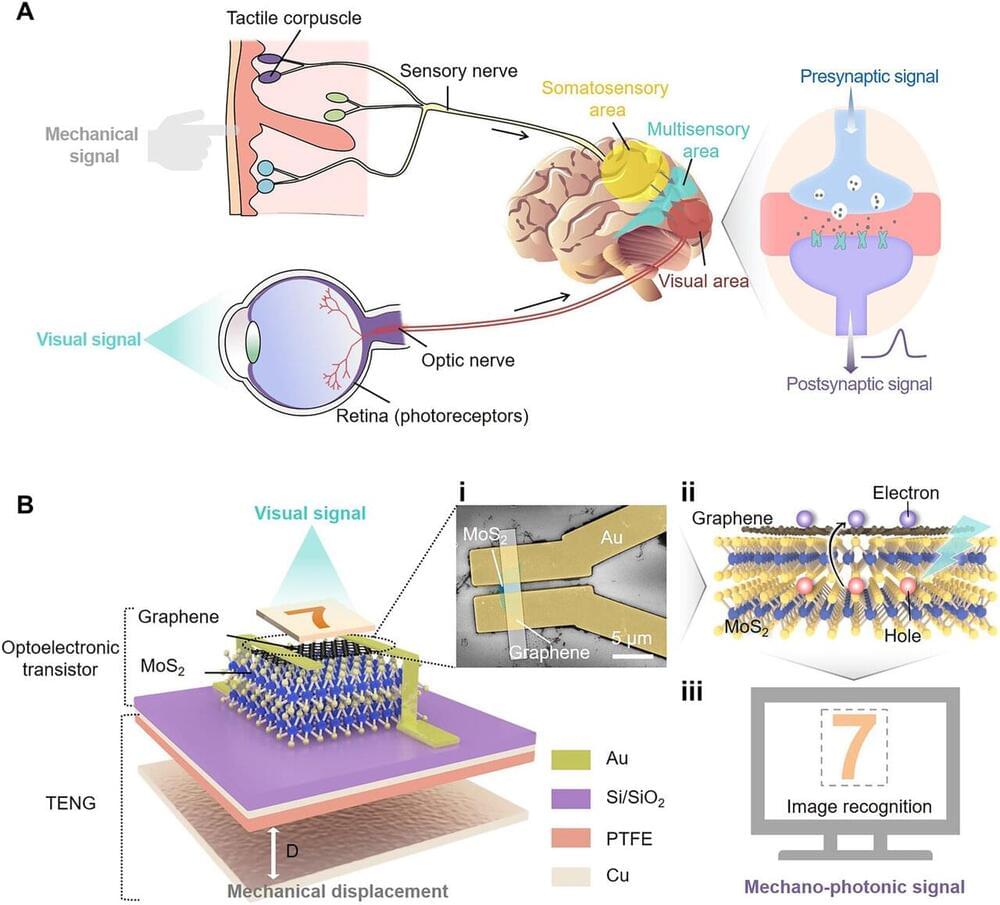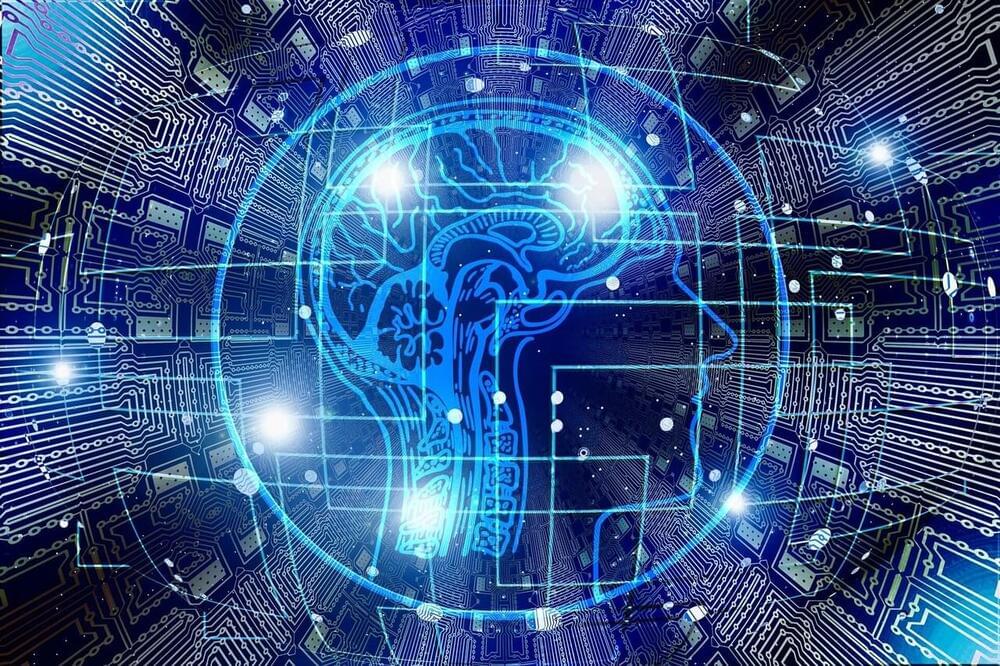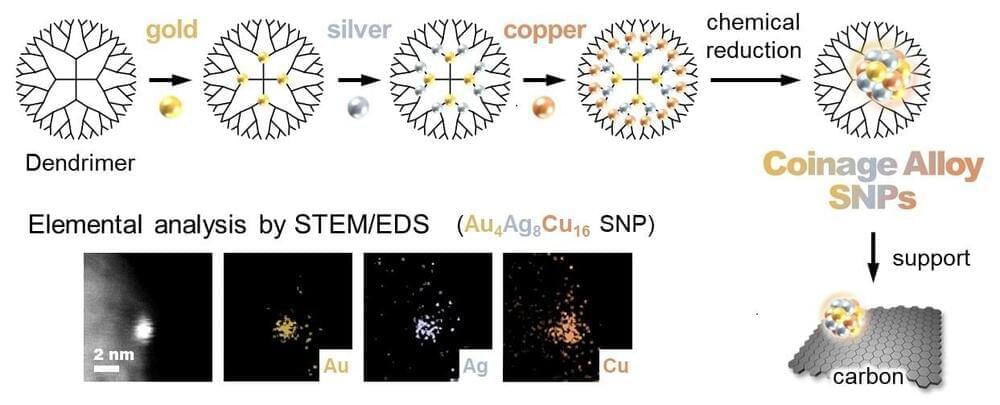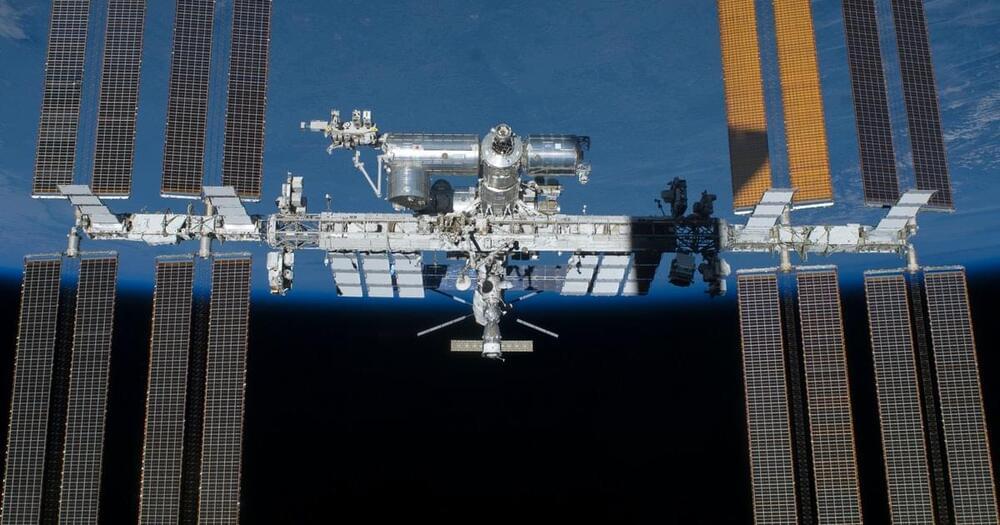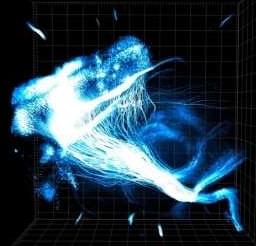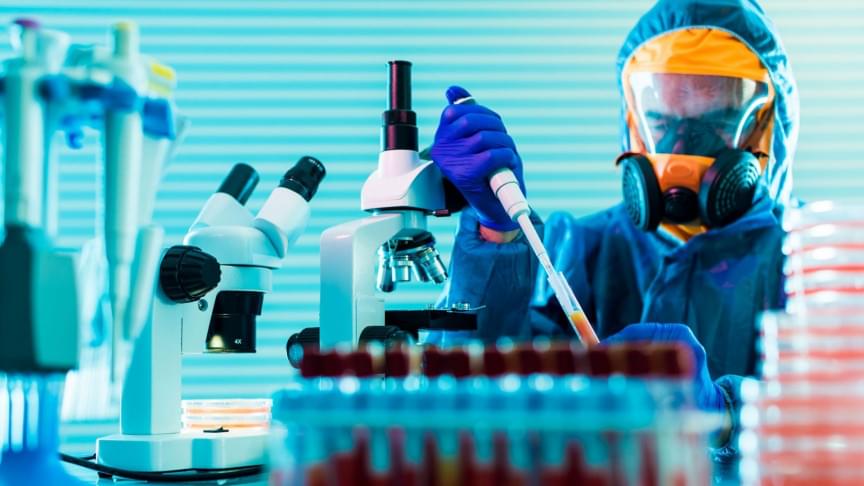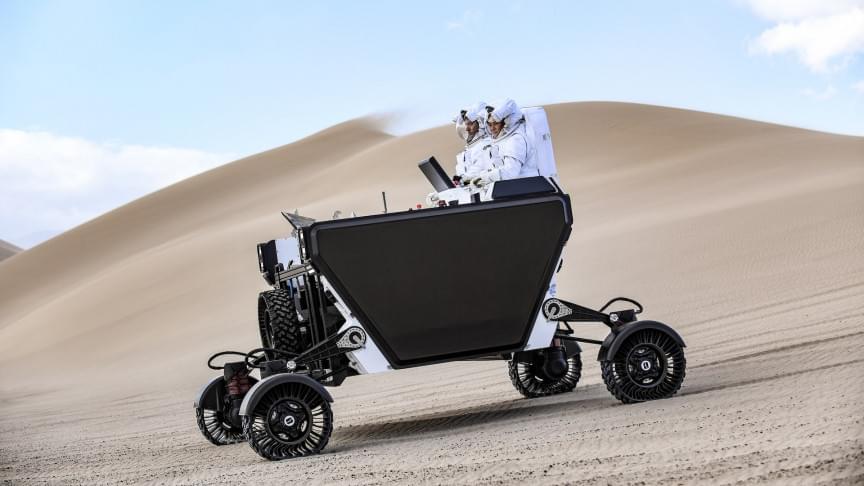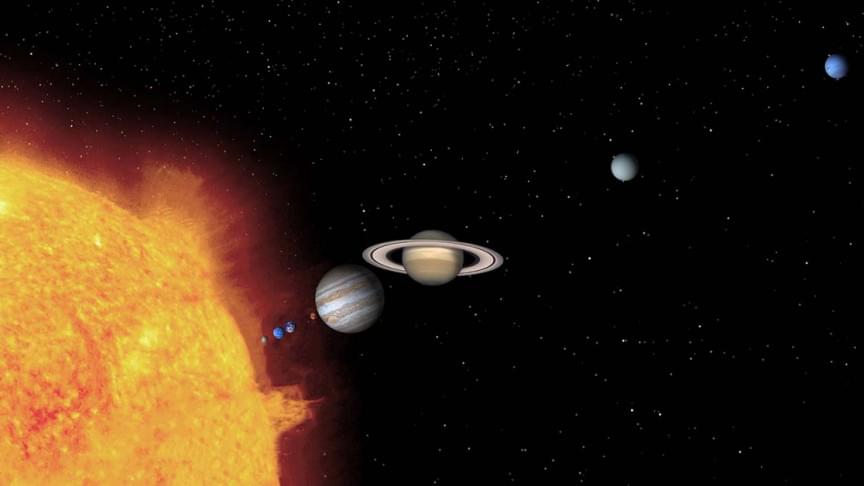The human brain holds the secret to our unique personalities. But did you know that it can also form the basis of highly efficient computing devices? Researchers from Nagoya University, Japan, recently showed how to do this, through graphene-diamond junctions that mimic some of the human brain’s functions.
But, why would scientists try to emulate the human brain? Today, existing computer architectures are subjected to complex data, limiting their processing speed. The human brain, on the other hand, can process highly complex data, such as images, with high efficiency. Scientists have, therefore, tried to build “neuromorphic” architectures that mimic the neural network in the brain.
A phenomenon essential for memory and learning is “synaptic plasticity,” the ability of synapses (neuronal links) to adapt in response to an increased or decreased activity. Scientists have tried to recreate a similar effect using transistors and “memristors” (electronic memory devices whose resistance can be stored). Recently developed light-controlled memristors, or “photomemristors,” can both detect light and provide non-volatile memory, similar to human visual perception and memory. These excellent properties have opened the door to a whole new world of materials that can act as artificial optoelectronic synapses!
